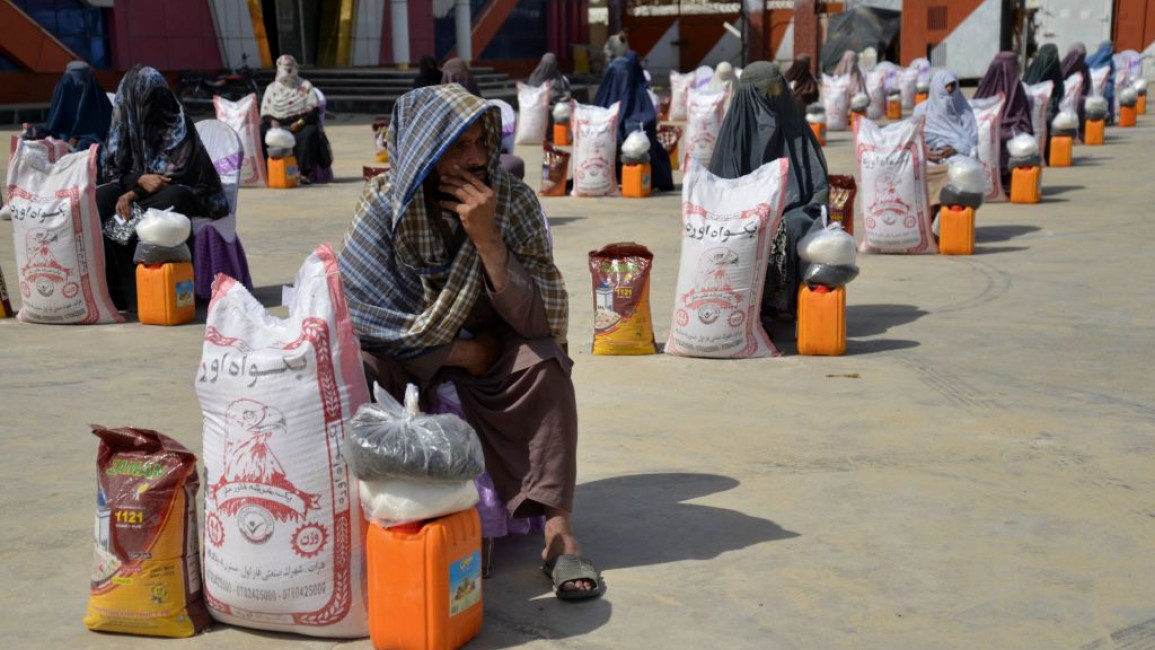Afghan women UN staff blocked from work in eastern province: UN
Afghan women who are United Nations employees have been blocked from work in eastern Nangarhar province, the UN mission said Tuesday, warning Taliban authorities its aid programmes are impossible without its staff.
In December, Taliban officials ordered all foreign and domestic NGOs to stop women personnel working across the crisis-stricken nation.
Several suspended their entire operations in protest, piling further misery on Afghanistan's 38 million citizens, half of whom are facing hunger according to aid agencies.
After days of wrangling, it was agreed women working in the health aid sector would be exempt from the decree.
UN staff, including those in the aid sector, were never beholden to the ban.
But on Tuesday the United Nations Assistance Mission in Afghanistan (UNAMA) said "female national UN staff have been prevented from reporting to work" in the eastern province of Nangarhar.
In a brief Twitter statement, UNAMA expressed "serious concern".
"We remind de facto authorities that United Nations entities cannot operate and deliver life-saving assistance without female staff," the tweet said.
Taliban government spokesman Zabihullah Mujahid told AFP he was seeking information on the matter.
Last month, UNAMA chief Roza Otunbayeva told the UN Security Council she feared the Taliban government could extend the ban imposed on women working for NGOs to the UN's women staff.
Since surging back to power in August 2021 following the withdrawal of US and NATO troops, the Taliban government has imposed an austere interpretation of Islam.
Authorities have barred teenage girls from secondary school, women have been pushed out of many government jobs, prevented from travelling without a male relative and ordered to cover up outside of the home, ideally with a burqa.
Women have also been banned from universities and not allowed to enter parks or gardens.
UN special rapporteur on human rights in Afghanistan Richard Bennett said in a recent speech in Geneva that the Taliban authorities' policy "may amount to the crime of gender persecution".



